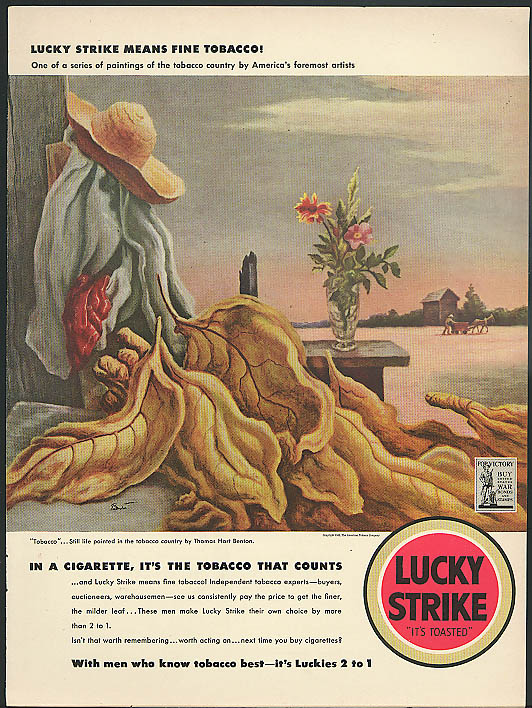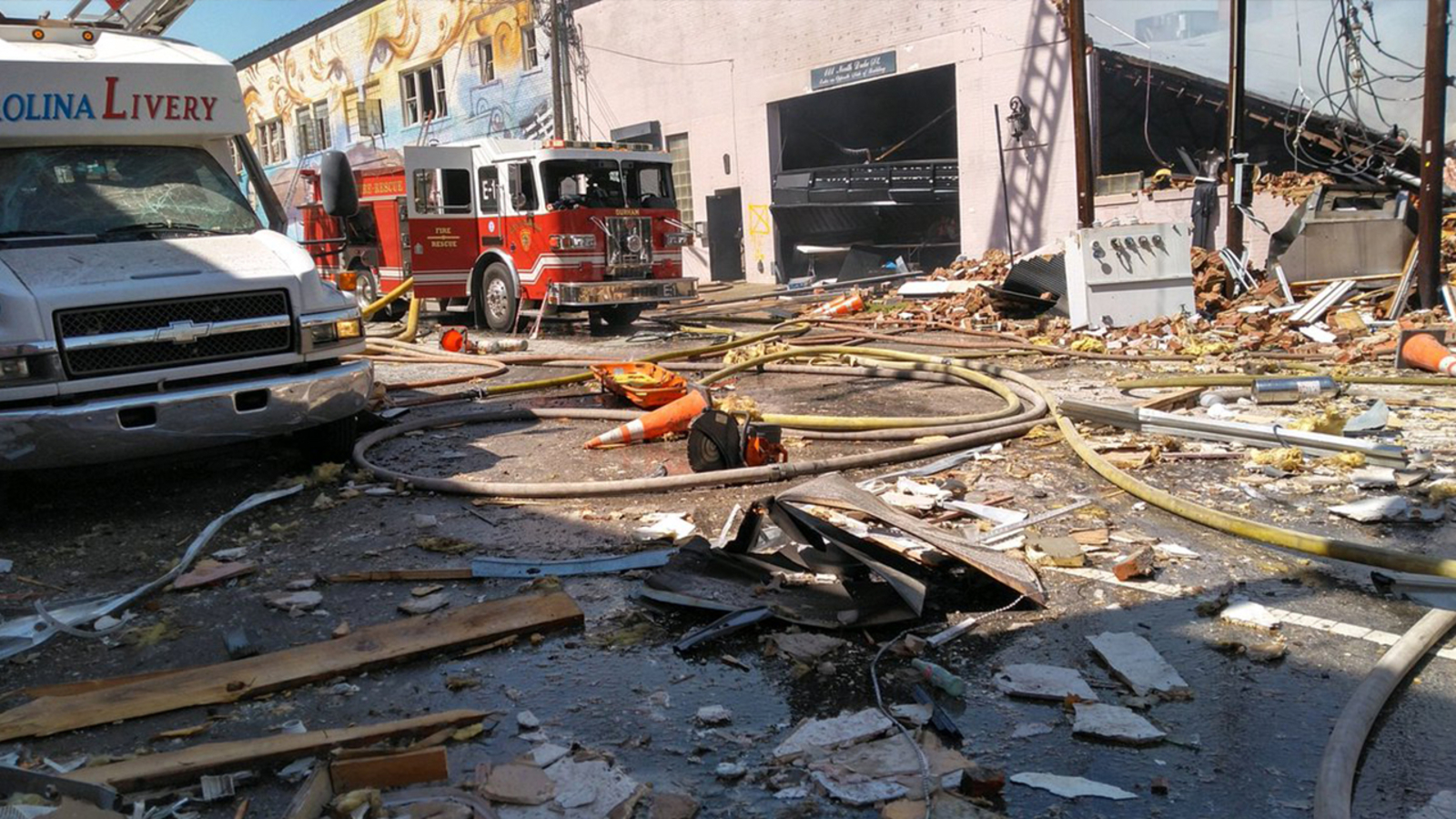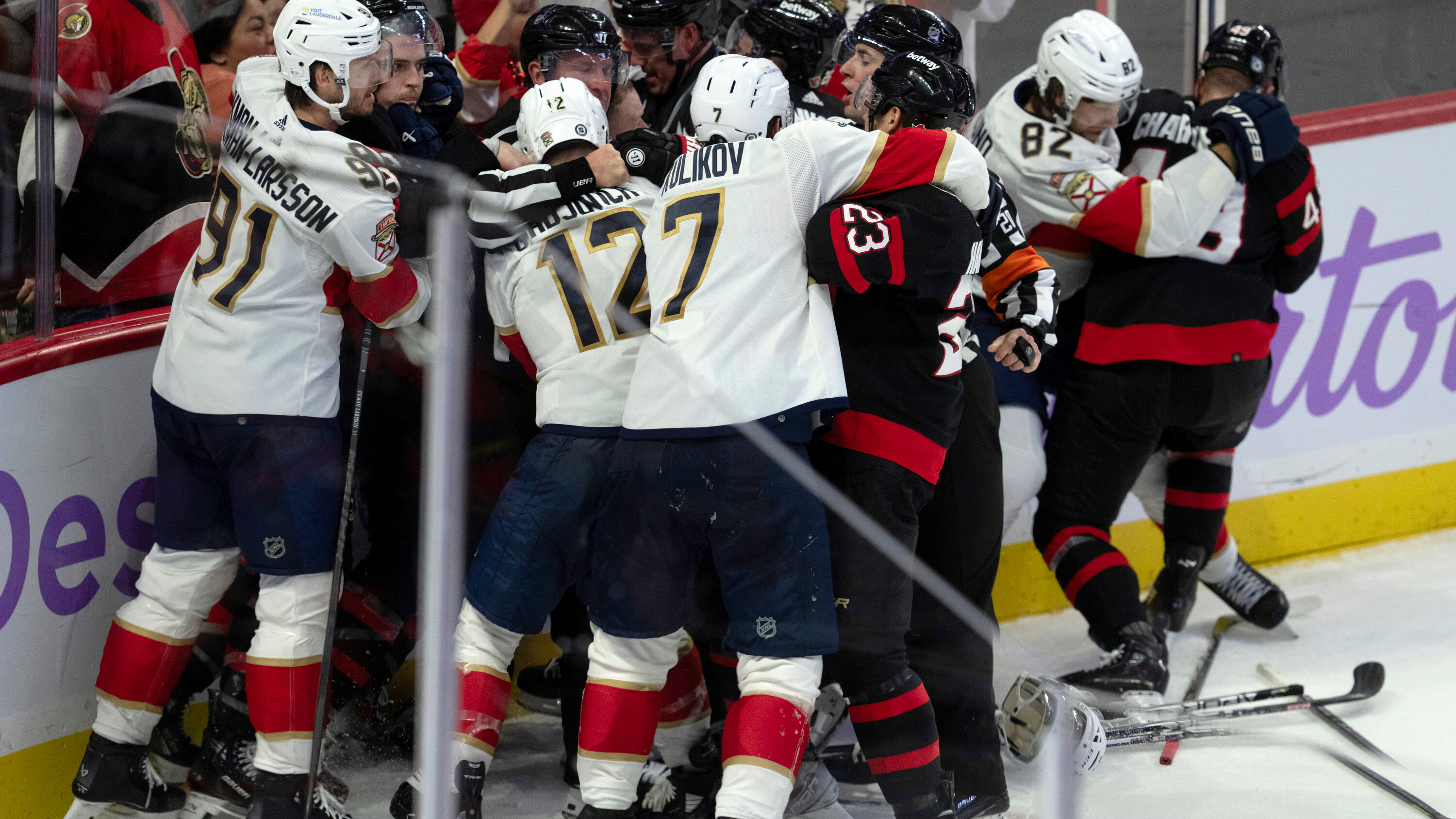Hollywood's Double Strike: What It Means For The Film Industry

Table of Contents
The Core Issues Fueling the Hollywood Strikes
The Hollywood strike is not simply about money; it's a multifaceted crisis reflecting deep-seated issues within the industry. The walkout represents a culmination of years of growing concerns regarding fair compensation, exploitative working conditions, and the shifting power dynamic between studios and creative talent.
Fair Wages and Residuals in the Streaming Era
The rise of streaming services has fundamentally altered the traditional revenue streams for actors and writers. While streaming platforms boast billions in profits, the compensation models for creative talent haven't kept pace. This discrepancy is a central point of contention in the Hollywood strike.
- Lack of transparency in streaming viewership data: Studios often refuse to share concrete data on viewership numbers, making it difficult for actors and writers to accurately assess the success of their work and negotiate fair residuals.
- Inadequate residuals for streaming platforms: Traditional residuals, payments made to actors and writers each time their work is aired, are significantly lower for streaming platforms than for traditional television. This represents a major loss of income for many creatives.
- Demand for a share in the profits generated by streaming services: Actors and writers are demanding a fairer share of the substantial profits generated by streaming giants, reflecting the crucial role they play in the success of these platforms.
Working Conditions and Exploitation
Beyond compensation, the Hollywood strike addresses pervasive issues of exploitation and unsustainable working conditions. Long hours, grueling schedules, and insufficient safety protocols are commonplace. Furthermore, the increasing use of AI in filmmaking adds another layer of concern.
- Demands for improved safety protocols on set: The unions are pushing for stricter safety regulations to protect actors and crew members from workplace injuries and accidents.
- Concerns about the ethical implications of AI in scriptwriting and performance capture: The rapid advancement of AI technology raises concerns about its potential to replace human talent and devalue the contributions of actors and writers.
- Fight against excessive workloads and unreasonable demands from studios: The unions are fighting for reasonable working hours and a reduction in the relentless pressure placed upon creatives.
The Power Dynamic Between Studios and Creative Talent
The Hollywood strike starkly reveals a significant power imbalance between the major studios and the creative talent who bring their films to life. The studios' resistance to union demands underscores this disparity.
- The influence of corporate consolidation in the media landscape: The increasing consolidation of media companies has resulted in fewer powerful entities controlling a larger share of the industry, leaving creative talent with less leverage in negotiations.
- The studios’ resistance to union demands: Studios have been criticized for their reluctance to address the core issues raised by the unions, contributing to the protracted nature of the strike.
- The potential for long-term impacts on the creative landscape: The outcome of this strike will likely have a lasting impact on the power dynamic within the film industry, shaping future negotiations and potentially affecting the types of stories told.
The Impact of the Hollywood Double Strike on the Film Industry
The Hollywood double strike has already had a significant impact on the film industry, causing widespread production delays and financial losses, and rippling outwards to affect numerous related industries.
Production Delays and Budgetary Concerns
With both actors and writers on strike, numerous film and television projects are on indefinite hold. This has resulted in significant financial losses for studios and production companies.
- Delayed release dates for upcoming films: The strike has pushed back the release dates of numerous highly anticipated films, disrupting the movie release calendar.
- Increased production costs due to potential work stoppages: The longer the strike continues, the more expensive it becomes to resume production, leading to potential budget overruns and project cancellations.
- Uncertainty about the future production pipeline: The strike has created significant uncertainty about the future of film and television production, making it difficult for studios to plan future projects.
Ripple Effects Across Related Industries
The impact of the Hollywood strike extends far beyond actors and writers. Countless individuals in related industries are experiencing economic hardship.
- Job losses in support industries: Catering, transportation, location scouting, and post-production are just a few of the industries experiencing significant job losses due to the strike.
- Economic hardship for individuals reliant on film production: Many individuals and businesses rely on the film industry for their livelihoods; the strike is impacting their ability to earn a living.
- A decrease in tourism and revenue in film-centric locations: Film production significantly contributes to local economies in various regions; the strike negatively impacts tourism and related revenue streams.
The Long-Term Implications for the Future of Filmmaking
The Hollywood strike could fundamentally reshape the industry's power dynamics, influencing the creative process, financing, and production of films for years to come. The role of AI in future negotiations will also be a significant factor.
- Long-term effects on the creative process: The strike could lead to changes in how scripts are written, actors are cast, and films are produced.
- Possible changes in how films are financed and produced: The strike may result in studios reevaluating their business models and how they approach film production.
- The negotiation of new contracts and industry norms: The outcome of the strike will set precedents for future contracts and industry standards, impacting the working conditions and compensation of creative professionals for years to come.
Conclusion
The Hollywood double strike is a critical moment that could redefine the future of filmmaking. The issues at stake – fair wages, reasonable working conditions, and the ethical integration of technology – are vital for the health and sustainability of the entire industry. The outcome will have profound and lasting consequences. Understanding the complexities of this Hollywood strike, the various demands, and the potential impacts is crucial for anyone interested in the future of film. Stay informed about the developments surrounding the Hollywood strike and its implications for the industry. Let's hope for a swift and fair resolution to this critical situation that benefits both the creative talent and the future of Hollywood filmmaking.

Featured Posts
-
 Our Yorkshire Farm Amanda Owens Emotional Response To A Recent Event
Apr 30, 2025
Our Yorkshire Farm Amanda Owens Emotional Response To A Recent Event
Apr 30, 2025 -
 Yueksekten Duesme Kazasi Nevsehir De Kaygan Zemin Felaketi
Apr 30, 2025
Yueksekten Duesme Kazasi Nevsehir De Kaygan Zemin Felaketi
Apr 30, 2025 -
 A Detailed Look At The Seating Plan For A Papal Funeral
Apr 30, 2025
A Detailed Look At The Seating Plan For A Papal Funeral
Apr 30, 2025 -
 Yate House Explosion Leaves Three Injured Investigation Underway
Apr 30, 2025
Yate House Explosion Leaves Three Injured Investigation Underway
Apr 30, 2025 -
 Kideia Papa Fragkiskoy Tramp Zelenski Kai Oi Symmaxoi Toys
Apr 30, 2025
Kideia Papa Fragkiskoy Tramp Zelenski Kai Oi Symmaxoi Toys
Apr 30, 2025
Latest Posts
-
 Ovechkin I Rekord Grettski Noviy Prognoz N Kh L
Apr 30, 2025
Ovechkin I Rekord Grettski Noviy Prognoz N Kh L
Apr 30, 2025 -
 Ovechkin I Ego Rekord Reaktsiya Zakharovoy
Apr 30, 2025
Ovechkin I Ego Rekord Reaktsiya Zakharovoy
Apr 30, 2025 -
 Judge And Goldschmidts Contributions Prevent Yankees Series Loss
Apr 30, 2025
Judge And Goldschmidts Contributions Prevent Yankees Series Loss
Apr 30, 2025 -
 Rekord Ovechkina Kommentariy Zakharovoy
Apr 30, 2025
Rekord Ovechkina Kommentariy Zakharovoy
Apr 30, 2025 -
 Senators Fall To Panthers In High Scoring Affair
Apr 30, 2025
Senators Fall To Panthers In High Scoring Affair
Apr 30, 2025
